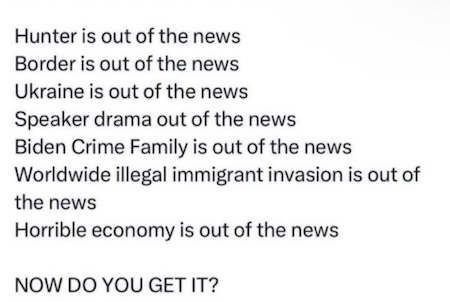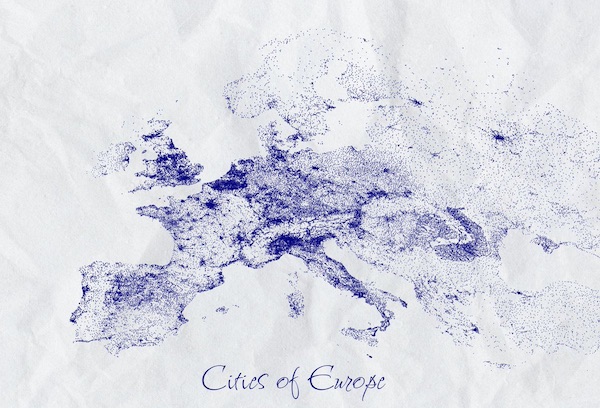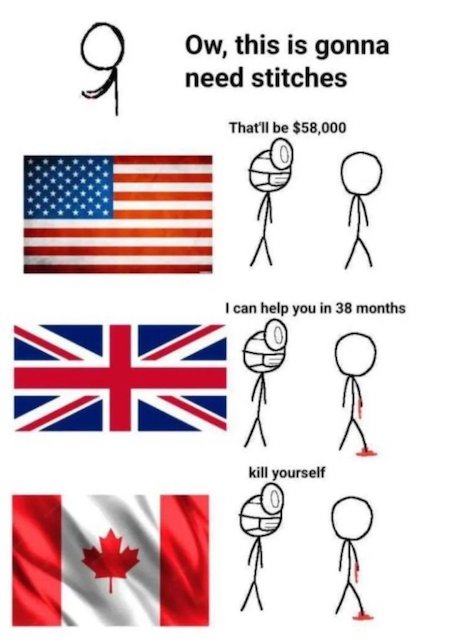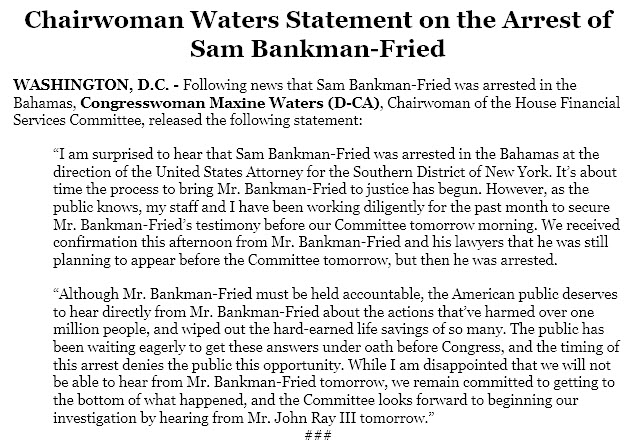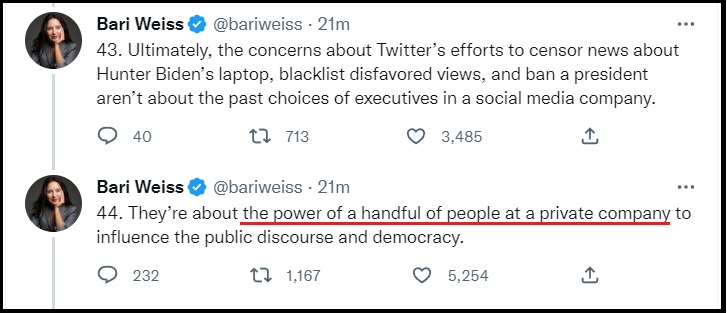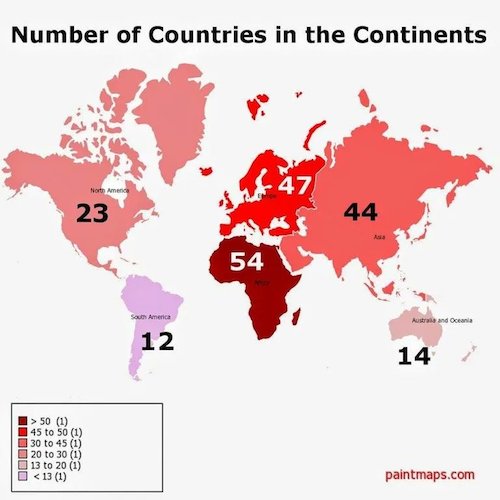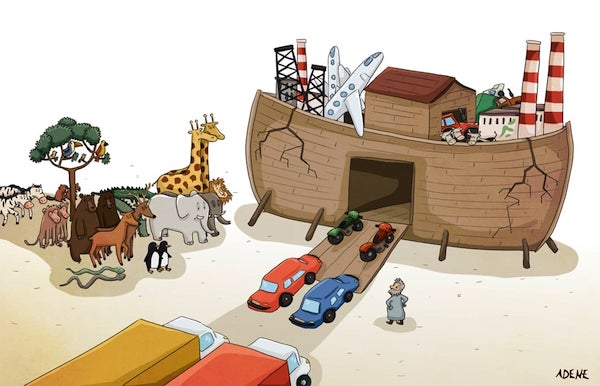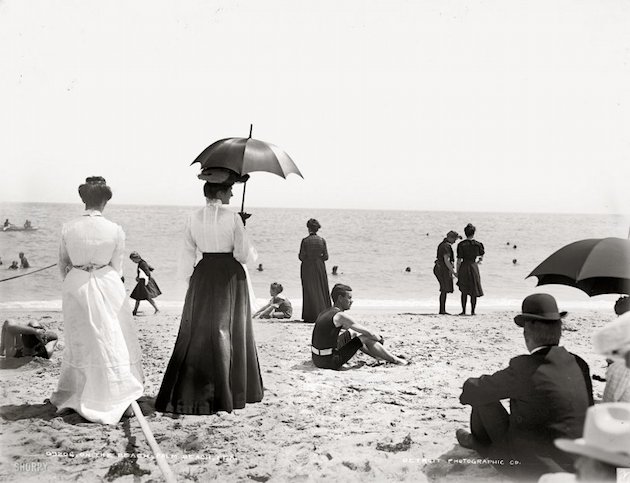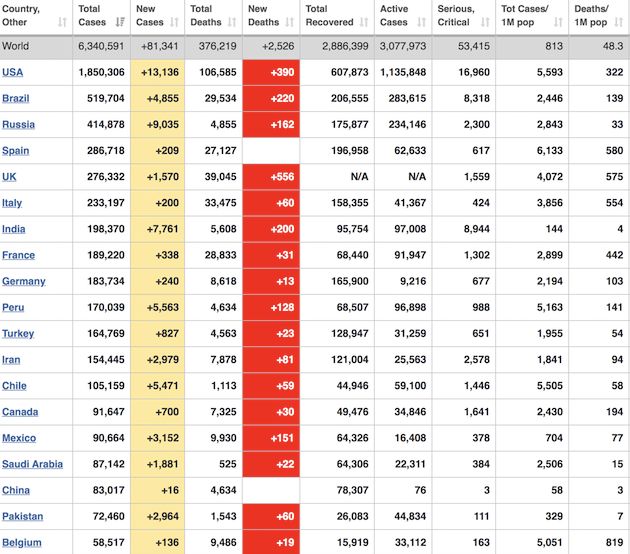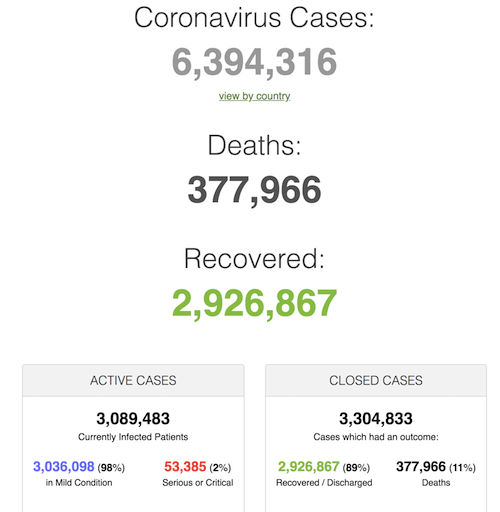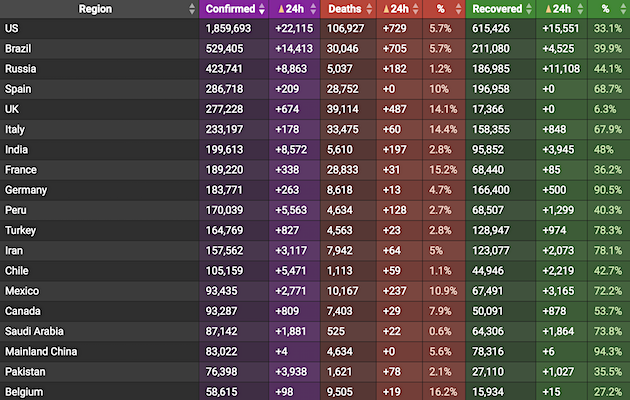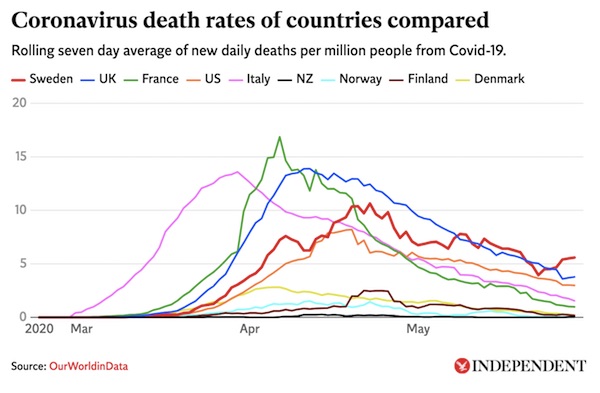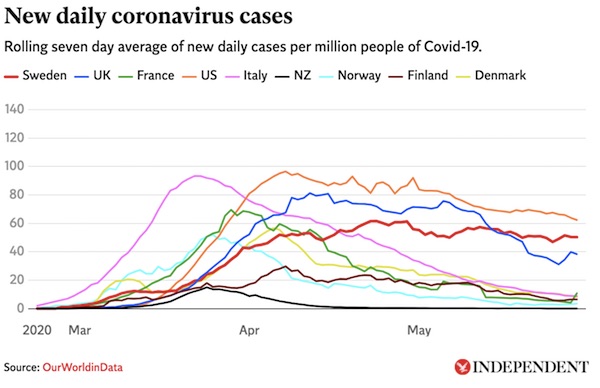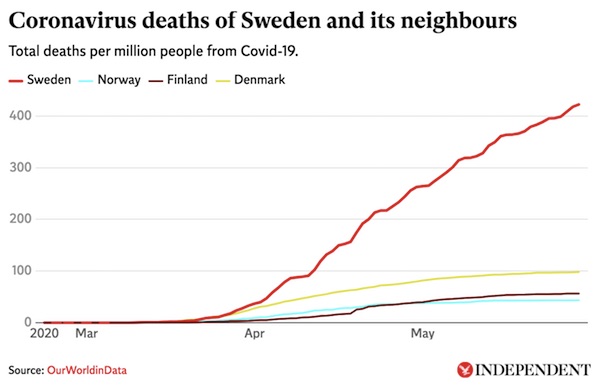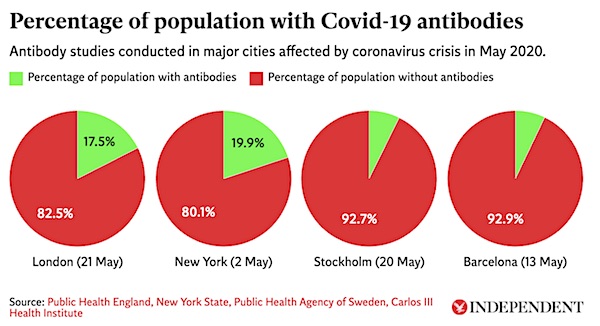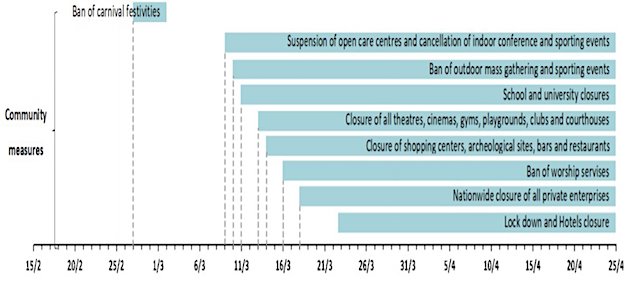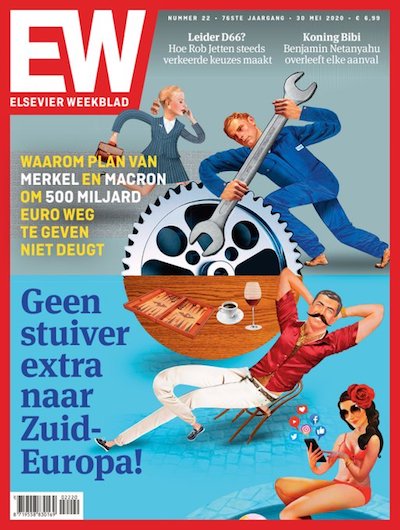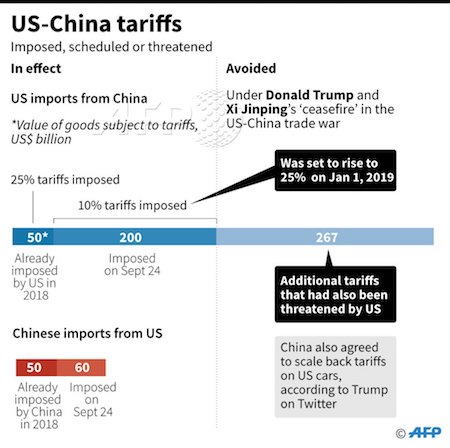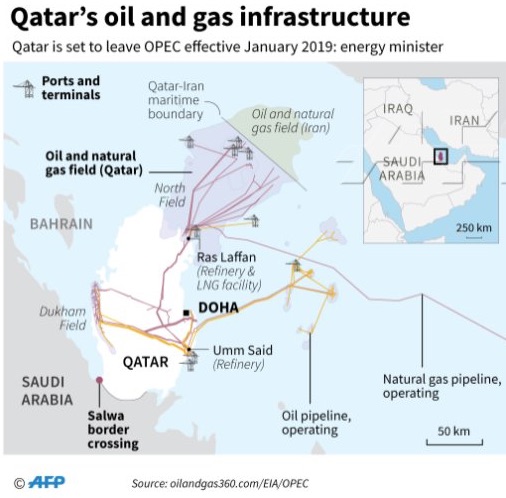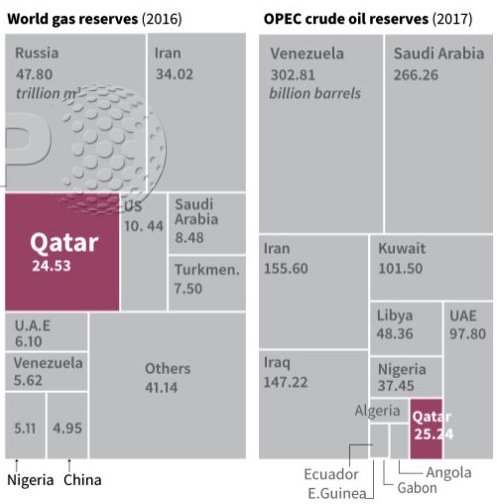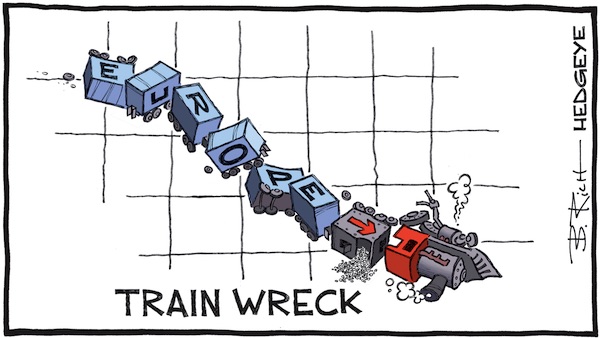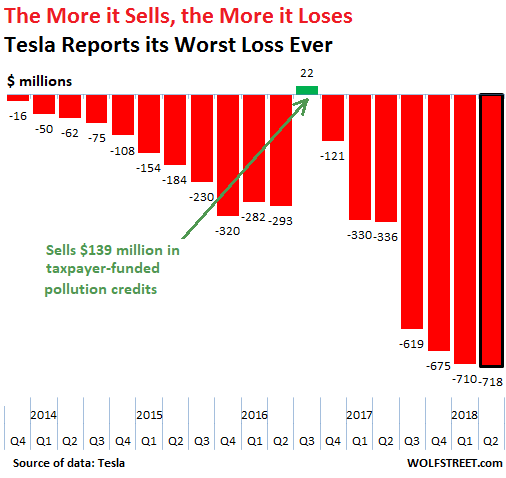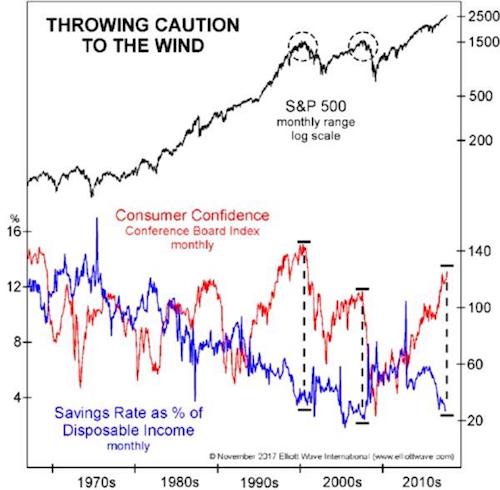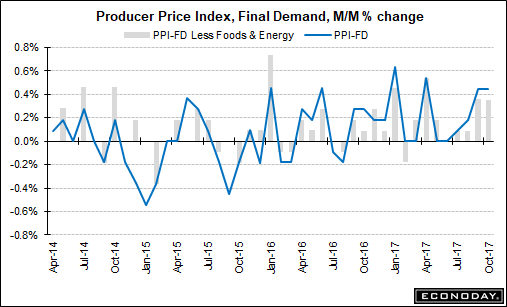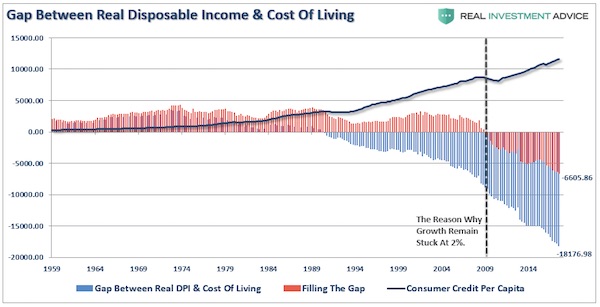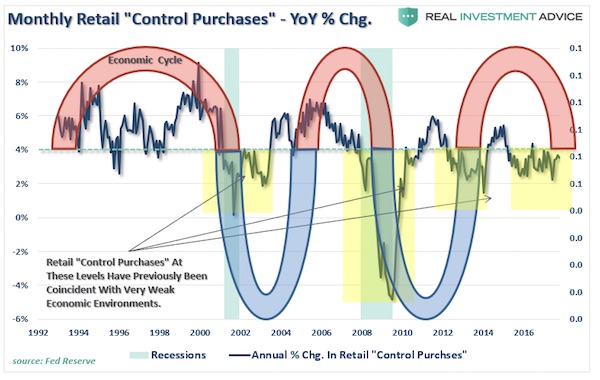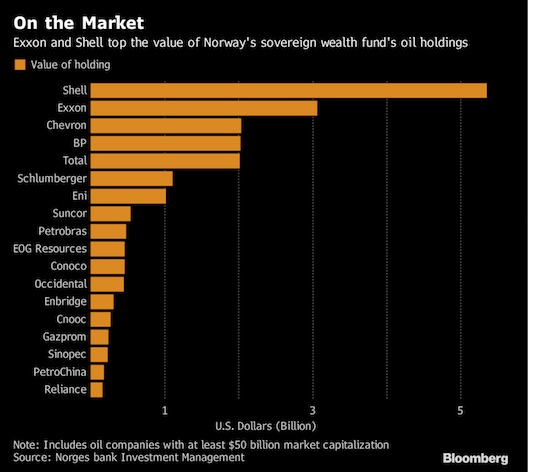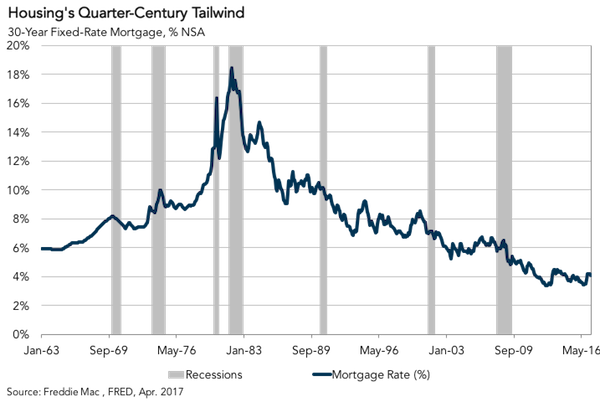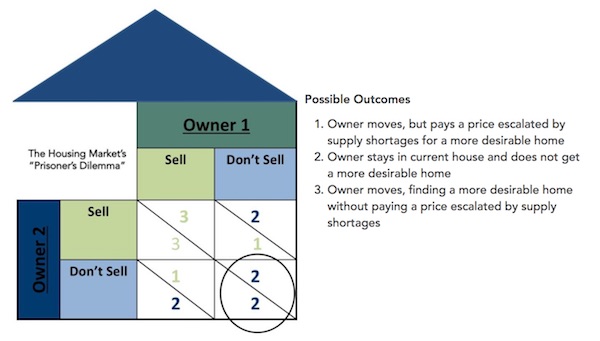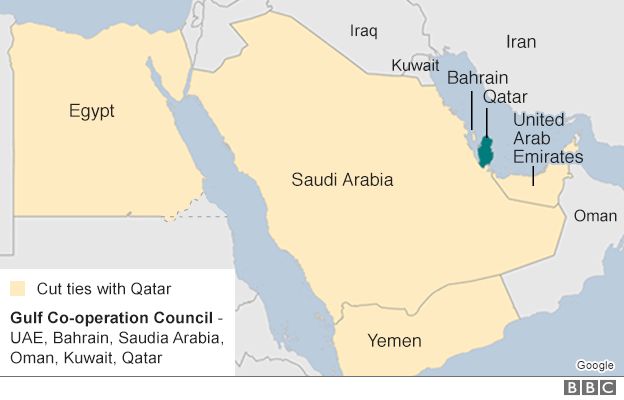
Pablo Picasso Absinthe Drinker 1901



Palestine pre-1948
PALESTINE BEFORE 1948 pic.twitter.com/VafDNNdwLm
— Sulaiman Ahmed (@ShaykhSulaiman) November 22, 2023

Putin Gaza
https://twitter.com/i/status/1727325551722176970



Nap/Macgregor

Macgregor

Tucker 2024 You’re watching death worship
Always trust your gut. If you feel like they're lying to you, they are. pic.twitter.com/zkKYtRUbrf
— Tucker Carlson (@TuckerCarlson) November 21, 2023

Ritter

Macgregor
Telling military personnel to avoid a pro Trump rally is an illegal order.
The senior ranks in our Military are horribly politicised.
For the last 30 years we have been picking people on the basis of everything but character, competence and intelligence.
Now your either picked… pic.twitter.com/GADprrANwp
— Douglas Macgregor (@DougAMacgregor) November 22, 2023

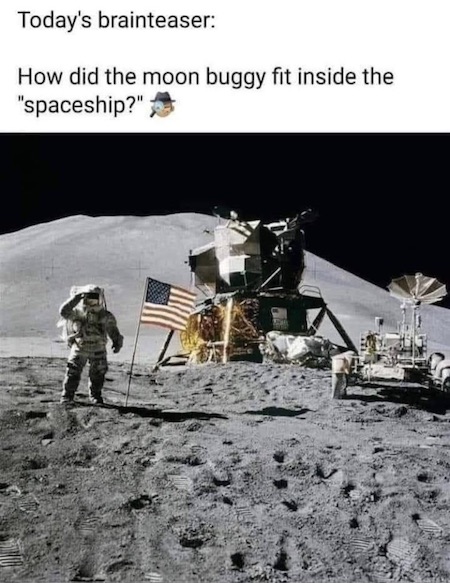

Trump Turkey
https://twitter.com/i/status/1727047306766328313



“Let us look at ourselves, if we have the courage, to see what is happening to us.”
– Jean-Paul Sartre


“Israel says hostage swap with Hamas won’t begin before Friday..”
• Israel-Hamas Hostage Deal Delayed (RT)
A hostage exchange deal between Israel and the Hamas militant group will be postponed until Friday, a senior Israeli official has said. The arrangement was originally set to begin on Thursday, with Israeli forces expected to pause operations for four days to allow aid into the besieged Gaza Strip. Israeli National Security Council Director Tzachi Hanegbi announced the delay in a statement on Wednesday, stressing that the negotiations were still underway and that the deal was set to be finalized. “The contacts on the release of our hostages are advancing and continuing constantly. The start of the release will take place according to the original agreement between the sides, and not before Friday,” Hanegbi said.
An unnamed Israeli official cited by Haaretz added that the four-day pause to Israel’s military operations would also be delayed, suggesting air and ground raids in Gaza would continue until the deal is officially implemented. A spokesperson for the US National Security Council, Adrienne Watson, said the one-day delay did not indicate the deal was in danger, stating that it “was agreed and remains agreed.” “It is our view that nothing should be left to chance as the hostages begin coming home. Our primary objective is to ensure that they are brought home safely. That is on track and we are hopeful that implementation will begin on Friday morning,” Watson said.
Israel’s cabinet agreed to the hostage deal late on Tuesday night. Under terms brokered with the help of Qatari, Egyptian and American mediators, Hamas would release 50 Israeli hostages – all women and children – in exchange for 150 Palestinian civilians currently held by Israel. The Israel Defense Forces (IDF) would also halt attacks on Gaza for four days, and would pause operations for one more day for every ten additional captives freed by the Palestinian militant group. According to Hamas, Israel has also agreed to halt all drone flights over the southern portion of Gaza during the four-day pause, and to limit flights over the north to certain times of day.
The IDF has urged Palestinian civilians to evacuate to the south for their own safety, though rights groups have accused Israeli forces of continued strikes in the evacuation zone, including on United Nations shelters. Israel maintains it attacks military targets only. More than 200 people were taken hostage by Hamas during the group’s October 7 attack on Israel, which left some 1,200 people dead. Some of the captives are foreign nationals, including citizens of the US, Thailand, Britain, France, Argentina, Germany, Chile, Spain and Portugal, according to Israeli officials. Israel has launched weeks of airstrikes on Gaza and escalated a ground raid on the territory, killing more than 12,000 Palestinians, including over 5,000 children, according to health officials in the Hamas-controlled Palestinian enclave.

“..the US only joined in the ceasefire talks because the costs for Biden were “getting extremely politically costly..”
• Stolen Glory: Qatar, Not Biden, Did Leg Work to Secure Gaza Truce (Sp.)
Hamas and Israel each confirmed in the early hours of Wednesday morning that a humanitarian pause and prisoner exchange deal had been reached. The surprise agreement, made possible thanks to behind-the-scenes mediation led by Qatar, is expected to include the exchange of 50 Israeli hostages (all of them women and children) and up to 150 Palestinian women, children and teenagers held in Israeli jails. The halt in hostilities is expected to start Thursday morning at 6:30 am local time, with Qatari officials saying the four-day truce could be extended. The deal will allow the delivery of hundreds of trucks-worth of humanitarian and medical aid and fuel to the besieged Gaza Strip, and should see the complete suspension of Israeli military flights over its southern areas and restrictions on flights over the north.
The fragility of the agreement has been exemplified by stern warnings by Hamas that its fighters would “remain at full combat readiness to protect the Palestinian people and resist the occupation,” and by incendiary comments by Tel Aviv that it plans to “continue the war in order to return home all the hostage, complete the elimination of Hamas and ensure that there will be no new threat to the State of Israel from Gaza.” Doha graciously cited Egyptian and US support during the negotiations as a factor in their success, but officials in Washington and US media immediately began a campaign of self-aggrandizement designed to talk up the importance of President Biden’s “secret” role. Biden welcomed the agreement, saying in a statement he was “extraordinarily gratified” over the fact that Israeli nationals held captive by Hamas will be released, and that he “appreciates” the Netanahu government’s “commitment…in supporting an extended pause” to hostilities to “alleviate the suffering of innocent Palestinian families in Gaza.”
[..] “Much of the work was done not by the United States or by Joe Biden personally, but by Qatar,” Dr. Mehran Kamrava, a professor of government at Georgetown University’s Qatar campus, told Sputnik. The negotiations were done by the kingdom’s prime minister, its foreign minister and “personnel on the ground,” in that order, the academic emphasized, adding that it was Doha that was responsible for “much of the difficult negotiations,” not the US. “The US administration involved itself in order to appear as if they are in favor of what they call a ‘humanitarian pause’ or a ‘ceasefire.’ In fact, the US administration has steadfastly refused to put an end to the genocide of Palestinians by the Israeli government,” Kamrava stressed. The scholar believes the US only joined in the ceasefire talks because the costs for Biden were “getting extremely politically costly,” with former president Donald Trump projected to wipe the floor with Biden if elections were held today, according to recent polling, in part due to the incumbent’s loss of support about the pro-ceasefire youth demographic.

“..to keep Westerners ignorant about what their governments have been up to in the Middle East that has caused so much havoc.”
• Destroying History to Preserve an Illusion (Lauria)
On April 9, 2016 Consortium News published an article, republished last Sept. 12, “Why Americans Are Never Told Why,” which sought to explain why the historical context surrounding terrorist attacks on the West is suppressed to whitewash any responsibility Western governments may have for putting their populations in danger. Instead, Western leaders prefer their people believe the illusion that totally irrational actors attack them because “they hate their freedoms” and not because of an aggressive foreign policy towards the Middle East. Making clear that these attacks against civilians were never justified, the article contained links to statements from perpetrators spelling out why they attacked the West, including a “Letter to the American People” from Osama bin Laden, which explained in detail why al Qaeda struck the U.S. on Sept. 11, 2001.
The link in the article pointed to the letter’s publication by The Guardian on Nov. 24, 2002. That document has now been removed by The Guardian. It did so last Wednesday, Nov. 15, after 21 years. The newspaper gave this explanation: “The transcript published on our website had been widely shared on social media without the full context. Therefore we decided to take it down and direct readers instead to the news article that originally contextualised it. The clips crossed over to X, formerly Twitter, in a supercut tweeted by the writer Yashar Ali, who wrote that “thousands” of the videos had proliferated across TikTok. Ali’s tweet itself racked up more than 11,000 retweets and 23.8m views. ‘The TikToks are from people of all ages, races, ethnicities, and backgrounds. Many of them say that reading the letter has opened their eyes, and they’ll never see geopolitical matters the same way again,’ wrote Ali.
In a statement on Thursday, the White House said: ‘There is never a justification for spreading the repugnant, evil, and antisemitic lies that the leader of al Qaeda issued just after committing the worst terrorist attack in American history.’” Even after linking to The Guardian article that supposedly gave the letter the “context” The Guardian says was missing, it still did not publish bin Laden’s historical document. With the stated aim of providing “context,” The Guardian instead has destroyed the context that puts Western foreign policy towards the Middle East in a very grim light. It is difficult not to conclude that that was The Guardian‘s and TikTok’s motives: to succumb to Western government’s pressure to run interference for the West and Israel to keep Westerners ignorant about what their governments have been up to in the Middle East that has caused so much havoc.
It also spotlights the disastrous consequences of Israel’s decades-long occupation of the Palestinians. This episode is yet another example of suppressing the historical context of a current event that undermines the West’s interpretation. We saw it in Ukraine, when previously published news by mainstream media of the 2014 U.S.-backed coup and the influence of neo-Nazis in Ukraine was airbrushed from the story in 2022 and made taboo to mention. It is like banning historians from mentioning the Versailles Treaty as one cause of World War II in the grossly misleading contention that it somehow justifies Nazi atrocities. Explaining the historical context of Russia’s 2022 invasion of Ukraine is what journalists are supposed to do, and what Consortium News has done, to explain what happened, not to justify it.

“The point is that Putin does not make a single decision ‘for elections’, based on a short-term planning horizon. He always thinks in terms of the next generations..”
• Putin Thinks ‘Decades Ahead’ – Key Aide (RT)
Unlike the leaders of Western democracies, Russian President Vladimir Putin does not think in terms of the next election but the next generation, his economic adviser Maksim Oreshkin has said. Oreshkin revealed the Russian leader’s time preference in an interview with the outlet Moskovsky Komsomolets (MK), published on the eve of Wednesday’s artificial intelligence conference in Moscow. “Russia compares favorably with individual European countries, which you called democracies,” Oreshkin told MK. “The planning horizon there is short. The main thing is to hold out until the next elections, and then who cares if the grass will grow. We all know very well that President Putin’s planning horizon is not three months, not a year, or even five years. These are decades ahead, generations.”
Oreshkin pointed to how much Russia has changed since 2000, when Putin was first elected, noting the increases in life expectancy, car and home ownership, agricultural production and exports. “The point is that Putin does not make a single decision ‘for elections’, based on a short-term planning horizon. He always thinks in terms of the next generations,” the aide said. Oreshkin denied that the Kremlin was preparing any “bitter pills” for Russians after the March 2024 election. Instead, he said, the government had in mind a development strategy for education and infrastructure. “We all want to see the improvement of societal infrastructure in the country as quickly as possible, to speed up the renovation of schools, kindergartens, roads, and improve primary health care. The question is only how to pay for such rapid change,” he told MK.
According to Oreshkin, Russia has managed to absorb the negative impact of Western sanctions and its economy has grown by 5% in the third quarter of 2023. The budget deficit has turned out to be far smaller than the Kremlin anticipated, and the overall economic situation is quite good, he argued. The only fields that are still hurting are those that had relied on exports to Europe – such as oil, gas and lumber – or were dominated by Western suppliers, such as cars.

“..he warned his generals to stay out of politics or risk harming the unity of the nation.”
• Zelensky Has Good Reason to be Scared of Regime Change – US Vet (Sp.)
Volodymyr Zelensky knows that the writing for him is already on the wall, as the West is looking for a more convenient figure to replace him, says Mark Sleboda, an international affairs and security analyst. Hence, Zelensky has incessantly claimed in recent interviews with the Western press that “the Russians” want to stir up a “Maidan 3” in Ukraine in order to oust him. The president’s words about the third “maidan” (“square”) is a reference to two coups which took place on Independence Square in central Kiev in 2004 and 2014. The latter brought to power Western-backed ultra-nationalists who started an all-out war against Russian-speakers in the east of the country. “One of the important things to remember is that until that putsch, that ‘revolution of dignity’ backed by the US and the EU, in Ukraine’s constitution it was necessitated that they remain a neutral state. They had to remain neutral.
“They could not join NATO. They could not join the Russian-led Collective Security Treaty organization. When the new West-backed regime seized power they, of course, completely got rid of that aspect of the Constitution,” Mark Sleboda told Sputnik. “And it is fascinating that today they’re celebrating the anniversary of the beginning of this Maidan. But just a few days ago, Zelensky was publicly saying that he feared a ‘third Maidan’, tacitly admitting that the Maidan is a fraud, that the original Maidan was a foreign-inspired putsch to overthrow the government, [which was] lacking any legitimacy. And he is now saying that he fears another one of the same, which, you know, is a really interesting commentary of his celebration of what happened now.”
While the Ukrainian president presented zero evidence to back his claims of Russia preparing a coup in Kiev, there are clear indications of the ongoing internal battle between the Zelensky cabinet and Ukrainian top brass, according to Sleboda. One of them was a famous “stalemate” interview given by Commander-in-Chief of Ukrainian Armed Forces Gen. Valery Zaluzhny to the Economist, later scolded by Zelensky. Another one was a mysterious death of Zaluzhny’s aide who was blasted by a grenade on his birthday on November 6. Earlier, on November 3, Zelensky unilaterally dismissed Viktor Khorenko, who was known to be close to Zaluzhny, from the post of commander of special operations forces. Likewise, the commander of the medical forces Tatyana Ostashchenko was replaced with Anatoly Kazmirchuk by the Kiev regime without consulting Ukraine’s top general.
“That’s just become abundantly clear in the recent days as this political rift, as The New York Times has openly referred to it, between the Kiev regime’s political and military leadership, between Zelensky and Zaluzhny, the Kiev regime’s top general. And just today, despite these celebrations and the arrival of multiple Western political figures for this occasion – that they’re still trying to make a big deal out of – Zelensky once again came with a slap down on Ukraine’s military leadership. And it obviously pointed at Zaluzhny. But he warned his generals to stay out of politics or risk harming the unity of the nation.”

“Originally, the EU sought to allocate a mind-boggling sum of €20 billion ($21.8 billion) [..] now the sum has shrunk to a proposed 5 billion for next year, so it is reportedly hoped that member states might at least agree to that.”
• EU Drafting ‘Security Plan’ For Ukraine Amid Bickering Over Further Aid (Sp.)
The futility of continuously propping up Kiev amid its botched counteroffensive, accrued massive manpower and weaponry losses, and reports of escalating government infighting is becoming increasingly impossible to ignore. Hence, the growing chorus of political voices both in the US and in Europe questioning the viability of the Kiev regime. Amid the specter of dwindling military and economic support for the regime of President Volodymyr Zelensky, the European Union has reportedly devised a draft paper containing security guarantees for Ukraine. With Volodymyr Zelensky sounding the alarm right and left about the prospects of Western support to Kiev decreasing to a trickle, the framework document concocted to appease Ukraine’s increasingly snubbed President will reportedly be central to upcoming consultations between the Group of Seven (G7) nations and Kiev.
The assembled proposals are said to be built on the bilateral arrangements that Kiev hopes to wrangle out of some of its Western patrons this year. These draft EU paper purportedly contains commitments that include offering a “predictable, efficient, sustainable and long-term mechanism for the provision of military equipment to Ukraine.” At this point it is worth noting that EU member states have already been fast-depleting their own armed forces’ stocks by arming Ukraine and fueling the proxy war with Russia. Needless to say, the European defense industry will have its task cut out for it if it takes on the afore-mentioned commitment. Furthermore, there are growing divisions within the bloc over long-term aid for Ukraine.
Originally, the EU sought to allocate a mind-boggling sum of €20 billion ($21.8 billion) to cover costs of providing weapons to Kiev. However, that did not go over well with some of the member states, with some, like Germany, reportedly disagreeing with the proposed terms, as per a cited EU diplomat. Accordingly, now the sum has shrunk to a proposed 5 billion for next year, so it is reportedly hoped that member states might at least agree to that.

And what, two thirds are now dead?
• Western Countries Train 100,000 Ukrainian Troops In Less Than Two Years (TASS)
As many as 100,000 Ukrainian troops have received training in Western countries in a little under two years, Daniil Getmantsev, head of the Verkhovna Rada (parliament) financial committee, said. “Our partner countries have trained 100,000 troops for the Ukrainian armed forces. This result was achieved in less than two years, while the initial plan was to train 20,000 to 30,000 service members,” he wrote on Telegram. According to Getmantsev, there is a coalition of 32 countries united in two military missions, the Ukraine Security Assistance Initiative and the European Union Military Assistance Mission in support of Ukraine. The coalition is focused on training troops and providing instructors, training grounds and equipment.
The lawmaker highlighted four priorities of troop training. They include a basic military training course aimed at turning recruits into infantry riflemen in 35 days; training in the use of foreign-made weapons and military equipment, as well as the training of high-demand military specialists (combat medics, deminers and snipers among others); the training of commanders and instructors in various specialties who will share their knowledge with troops in Ukraine; and collective training of troops of various levels. Getmantsev emphasized that Ukraine had limited opportunities to train troops on its own training grounds, so Kiev saw Western countries’ assistance as very important.

Further hollowing out society.
• Ukraine Conscripting Vital Workers (RT)
Frontline casualties and conflict-related emigration are set to decimate the Ukrainian labor force, as they take away skilled workers and younger replacements, the German newspaper Die Welt reported on Monday. Ukraine is having problems drafting new troops to fight Russia and intends to address the problem by widening the scope of conscription and cracking down on draft-dodgers. But the country’s long-term economic viability is being undermined by the “bloodletting” on a scope that is hard to estimate, the outlet warned. Citing analysis by Yuliya Kosyakova, a labor market researcher at the University of Bamberg in Germany, who assessed the economic impact of the mass migration from Ukraine triggered by hostilities with Russia, the outlet concludes that the country’s recovery prospects are dire. Many
Ukrainian refugees have enough capital to resettle and have no plans to return, Kosyakova noted. “Those people fled the war or the draft. They have now created a new home abroad, and over 30% want to stay there.” In particular, the loss of middle-aged men – many of whom are experienced workers – has left a gap in the workforce that “will make reconstruction in Ukraine considerably more difficult and delayed,” she added. Kiev ordered mass mobilization right after hostilities with Russia began in February 2022 and barred men aged 18 to 60, who could potentially be called up, from leaving the country without a special waiver. The initial focus was on volunteers and people with military experience, but that pool of manpower has long been exhausted, Ukrainian MP Sergey Rakhmanin, who sits on a parliamentary security committee, said in an interview last month. The Defense Ministry is pushing lawmakers to facilitate conscription of younger men, since the average age of Ukrainian frontline troops has reached well over 40, he said.
The approach to the draft by officials, who regularly use heavy-handed tactics to snatch recruits, as well as corruption that allows dodgers to buy their way out of service, prompted President Vladimir Zelensky to sack all regional conscription chiefs in August. But the move did not address core problems with the system, Rakhmanin claimed. sUkrainian MPs are currently preparing a bill which would strip exemptions for many citizens, including those caring for disabled family members or receiving their second university degree, which are perceived by officials as vehicles for draft dodging. Russian Defense Minister Sergey Shoigu on Tuesday estimated Ukrainian military losses in November alone at over 13,700 people, adding to the more than 90,000 casualties between early June and the end of October. Kiev’s war machine is on the brink of complete collapse, the Shoigu claimed during a ministerial meeting.

At leasts 50% speak Russian.
• There Are No Russian-Speaking Ukrainians’ – Kiev (RT)
Ukraine does not have any Russian-speaking citizens, Taras Kremin, the country’s state language protection commissioner, has declared. Kiev has introduced a frenzy of measures in recent years to sever historical and cultural ties with Russia, as it scrambles to strengthen the status of the Ukrainian language despite accusations of prejudice against national minorities. In an interview aired by the Ukrainian branch of the US state-run Radio Free Europe/Radio Liberty (RFE/RL), Kremin rejected the suggestion that some Ukrainians could be called “Russophones,” describing the term as “a marker introduced by the Russian ideology.” “We are all Ukrainian citizens… Ukrainian is the dominant language in all spheres of public life. Regardless of whether it is national communities or foreigners, everyone in the country must have a command of the Ukrainian language,” the ombudsman insisted.
Earlier this year, Kremin stated that Ukrainians who speak Russian should not be referred to as “Russian-speaking,” claiming that the term had been used for decades by “Russian propaganda”to promote internal divisions in Ukraine. Citing a 2021 Constitutional Court ruling, he also insisted there were only Ukrainian citizens who had been “Russianized.” According to a March 2022 poll by the Sociological Group Rating, about 20% of Ukrainians considered Russian to be their native language. A Social Monitoring survey in 2021 suggested that more than 50% of Ukrainians were willing to read books and watch movies in Russian. Ukrainian authorities embarked on a campaign to push Russian out of all areas of life immediately after the 2014 Western-backed Maidan coup. The measures sparked widespread public outrage and were among the key reasons behind the hostilities in Donbass.
In 2018, the Ukrainian Constitutional Court overturned a 2012 law granting regional status to the Russian language, while at the same time Kiev adopted initiatives seeking to curb its use in education, mass media, business, and culture. Russia has repeatedly denounced Ukraine’s language policies. President Vladimir Putin said that Moscow’s military operation against its neighbor was partly to protect people who consider themselves part of Russian culture. On Monday, the speaker of the Ukrainian parliament, Ruslan Stefanchuk, went as far as to deny the existence of Russian ethnic minorities, arguing that they had no special rights. The statement sparked outrage in Moscow, with Foreign Ministry spokeswoman Maria Zakharova saying the remarks came from “the Nazis of the 21st century.”

And the other 40% are…
• 60% of Americans Believe Joe Biden Helped Son’s Business Dealings (RT)
Some 60% of Americans think that President Joe Biden “helped and participated in” his son Hunter’s foreign business dealings, according to a Harvard/Harris poll published on Monday. Republican lawmakers are currently investigating Biden’s alleged influence-peddling, and will soon decide whether to impeach the president. According to the survey, 81% of Republicans, 39% of Democrats, and 59% of independent voters agreed that “Joe Biden helped and participated in Hunter Biden’s business.” The president and his son both scored low favorability ratings in the survey, with 55% of respondents having an “unfavorable” or “very unfavorable” view of Hunter Biden, and 48% holding the same view of Joe Biden.
Reports of President Biden’s involvement in his son’s dealings first surfaced before the 2020 election, when the New York Post published files from Hunter’s laptop suggesting that businesspeople from China, Ukraine, Russia, and other countries, paid Hunter for access to his father during the elder Biden’s time as vice-president of the US. Hunter’s former business partner, Devon Archer, told a Congressional hearing in July that Hunter’s position on the board of Burisma, a Ukrainian energy firm, was given to him solely to guarantee that the company would have influence over US policy. Archer also alleged that Joe Biden dined multiple times with Hunter’s clients, and that Hunter received money transfers immediately after at least two of these meetings.
Earlier this year, the Republican-run House Oversight Committee and House Judiciary Committee released evidence suggesting that Biden and his family received around $20 million in payments through shell companies from business figures and politicians in Ukraine, China, Russia, and Kazakhstan. 150 of these transactions were flagged as “suspicious” by the US Treasury Department, according to the committees. Former US House Speaker Kevin McCarthy opened an impeachment inquiry into Biden’s alleged profiteering in September. Earlier this month, current Speaker Mike Johnson said that the GOP will decide “very soon” whether to formally prosecute the president. Biden denies ever speaking to his son about his businesses, despite being photographed with some of Hunter’s clients. Archer also told Congress that Biden called Hunter at least 20 times during Burisma meetings to impress the Ukrainian company’s potential clients.

“Almost half of Democrats are gun owners and over half believe gun ownership is necessary. It is one of the greatest disconnects of either party with their membership..”
• Majority of American Households Own Guns and Support Gun Rights (Turley)
According to NBC, a majority (52%) now say that they or someone in their household owns a gun. Most notably, the Harvard poll shows that six in ten voters believe owning a gun is a necessary part of protecting themselves from criminals. Despite the strong anti-gun rights message from the White House and the media, the public seems to be moving significantly in the opposite direction. Some 55% of voters now believe that “Woke politicians are to blame for rising crime.” With gun control one of the top issues for Democrats going into this election, the polls show a growing gap with a majority of voters on the issue, particularly as crime continues to rise among the top issues for 2024. The NBC polling shows a record number of Americans are now gun owners. The current level is up six percent from 2019 when 46% of Americans said that they or someone in their household owned a gun. It is now up 10 points in the last ten years.
Notably, that includes 41% of Democrats. If this trend continues, half of the Democratic voters will soon be living in households with gun owners. Some 45% of independents confirm ownership as do 66% of Republicans. The Harvard poll is likely to be more chilling for the Democratic Party. Not only do citizens overwhelmingly blame woke policies on the left for rising crime, but 42% believe that crime and safety is getting worse in their community. Only 21% believe that it has gotten better. Harvard then asked “Do you think you need to have a gun today in case you are attacked by criminals, or do you think owning a gun is unnecessary?” A majority of voters in all three categories (Democrat, Republican, or independent) said that a gun is necessary. That includes 54% of Democrats. (Some 77% of Republicans and 56% of independents agreed).
Consider that for a second. Almost half of Democrats are gun owners and over half believe gun ownership is necessary. It is one of the greatest disconnects of either party with their membership. While Democrats have found a winning issue on abortion in recent elections, it represents a growing separation on one of the other key issues in this election. President Biden has pursued some of the most aggressively anti-gun policies of any president. Legally, the polling shows that the public seems to be moving toward the view of the Supreme Court despite unrelenting attacks in the media. Since the Court declared the right to bear arms to be an individual right in Heller, the media has overwhelmingly decried the decision (and later decisions). Reporters generally quote staunchly critical law professors who portray the Court as “gun-crazy” and disconnected from both the Constitution and reality.

“President Joseph Biden, like all the presidents that followed Kennedy, is JFK’s opposite, an unrepentant war-monger..”
• President JFK: His Life and Public Assassination by the CIA (Curtin)
Why President Kennedy was publicly murdered by the CIA sixty years ago has never been more important. All pseudo-debates to the contrary – including the numerous and growing claims that it was not the U.S. national security state but the Israelis that assassinated the president, which exonerates the CIA – the truth about the assassination has long been evident. There is nothing to debate unless one is some sort of intelligence operative, has an obsession, or is out to make a name or a buck. I suggest that all those annual JFK conferences in Dallas should finally end, but my guess is that they will be rolling along for many more decades. To make an industry out of a tragedy is wrong. And these conferences are so often devoted to examining and debating minutiae that are a distraction from the essential truth.
As for the corporate mainstream media, they will never admit the truth but will continue as long as necessary to titillate the public with lies, limited hangouts, and sensational non-sequiturs. To do otherwise would require admitting that they have long been complicit in falsely reporting the crime and the endless coverup. That they are arms of the CIA and NSA. The Cold War, endless other wars, and the nuclear threat John Kennedy worked so hard to end have today been inflamed to a fever pitch by U.S. leaders in thrall to the forces that killed the president. President Joseph Biden, like all the presidents that followed Kennedy, is JFK’s opposite, an unrepentant war-monger, not only in Ukraine with the U.S. war against Russia and the U.S. nuclear first-strike policy, but throughout the world – the Middle-East, Africa, Syria, Iran, and on and on, including the push for war with China.
Nowhere is this truer than with the U.S. support for the current Israeli genocide of the Palestinians in Gaza, a slaughter also supported by Robert Kennedy, Jr., who, ironically, is campaigning for the presidency on the coattails of JFK and his father Senator Robert F. Kennedy, who would be appalled by his unequivocal support for the Israeli government. By such support and his silence as the slaughter in Gaza continues, RFK, Jr. is, contrary his other expressed opinions, supporting a wide range of war-related matters that involve the U.S.- Israel alliance, which is central to the military-industrial forces running U.S. foreign policy. To say this is dispiriting is a great understatement, for RFK, Jr., a very intelligent man, knows that the CIA killed his uncle and father, and he is campaigning as a spiritually awakened man intent on ending the U.S. warfare state, something impossible to accomplish when one gives full-fledged support to Israel. And I believe he will be elected the next U.S. president.
The Biden administration is doing all in its power to undo the legacy of JFK’s last year in office when on every front he fought for peace, not war. It is not hard to realize that all presidents since John Kennedy have been fully aware that a bullet to the head in broad daylight could be their fate if they bucked their bosses. They knew this when they sought the office because they were run by the same bosses before election. Small-souled men, cowards on the make, willing to sacrifice millions to their ambition.
JFK
JFK gave one of the great political speeches in 1963, six months before his assassination:
“For, in the final analysis, our most basic common link is that we all inhabit this small planet. We all breathe the same air. We all cherish our children's future.”pic.twitter.com/WCe09MqXtD
— Michael Warburton (@MichaelWarbur17) November 22, 2023

“Kennedy said his uncle’s death created a “national trauma,” and the vision that he prized the most – “America as a peaceful nation” – died with him.”
• RFK Jr. Vows To Dismantle ‘Military Empire’ (RT)
US presidential candidate Robert F. Kennedy Jr. has observed the anniversary of President John F. Kennedy’s assassination by vowing to pick up where his uncle left off in trying to make America a peaceful nation. “If the American people choose me as their president, I will resume the process that my uncle broached 60 years ago of unwinding the American military empire,” Kennedy said in an op-ed published on Wednesday by Fox News. “I will return the military to its proper function of defending the homeland.” John F. Kennedy was murdered on November 22, 1963, while riding in a presidential motorcade in Dallas. His alleged assassin, Lee Harvey Oswald, was killed two days later at a Dallas police station. Nearly five years after that, Robert F. Kennedy was assassinated at an event in Los Angeles, while campaigning for president.
Like his late uncle and father, Robert F. Kennedy Jr. is a lifelong Democrat, but he’s running as an independent in the 2024 presidential election. Last month, he dropped his bid to run against incumbent President Joe Biden for the Democratic nomination, saying both of the nation’s major political parties are dominated by “corrupt interests.” He has the highest favorability rating among all 2024 contenders, according to a Harvard CAPS-Harris poll released on Monday, and he’s polling with the strongest support for a US third-party candidate in 40 years. Kennedy said his uncle’s death created a “national trauma,” and the vision that he prized the most – “America as a peaceful nation” – died with him. The then-president defied pressure from within his administration, including the Pentagon and the CIA, to go to war in Laos in 1961 and Berlin in 1962, Kennedy said.
He also faced pressure to invade Cuba and to bomb Russian missile batteries during the Cuban Missile Crisis. “His advisers assured him that the launchpads were not operational,” Kennedy said. “They were wrong, and his defiance quite likely saved the world from nuclear Armageddon.” In the months leading up to his death in 1963, JFK intensified his push for peace, arguing that war wasn’t inevitable. He signed a nuclear test ban treaty with the Soviet Union in August of that year and issued an order in October mandating the withdrawal of 1,000 US military advisers from Vietnam. As his nephew noted on Wednesday, that order was never implemented, and his successor’s ramping up of the conflict in Southeast Asia “set the template for an endless succession of regime-change wars.”
“We lost our identity as a peaceful nation. We began to neglect the real source of our nation’s strength – the vitality of our economy and the health of our people – and drained our finances and our moral authority abroad in a series of wars of questionable justification, none of which have made Americans safer.” Kennedy argued that much of Washington’s $33 trillion debt stems from military spending, including $8 trillion poured into regime-change wars in Iraq, Afghanistan and Syria. He added that 800 foreign military bases add to the financial burden. “Imagine what could have been if we’d devoted those resources toward education, infrastructure, poverty, health or the environment. We would be, paradoxically, a stronger and more secure nation.”
Kennedy also called for ending “reckless, belligerent policies” of provoking Russia and China. He pledged to shut down most overseas military bases and shrink the US armed forces. “It’s not too late to step off the war path and onto the peace path that John F. Kennedy envisioned for our nation,” he said. Kennedy announced a petition drive earlier this week calling for Biden to release secret government documents regarding JFK’s assassination. Congress passed legislation in 1992 requiring the release of all records related to the murder by 2017, but both Biden and former President Donald Trump held back some documents. “What is so embarrassing that they’re afraid to show the American public 60 years later?” the petition asked. “Trust in government is at an all-time low. Releasing the full, unredacted historical records will help to restore that trust.”

Wilders has been under -increasingly- strict secret service protection since 2004 (fatwa). As MP, that might be(come) overseeable. As PM, not so much. Travel with an extensive detail? Or rely on foreign services?
• Dutch Election: Anti-Islam Populist Wilders Set For Big Win (BBC)
Veteran anti-Islam populist leader Geert Wilders has won a dramatic victory in the Dutch general election, according to the latest forecast. After 25 years in parliament, his Freedom party (PVV) is set to win 37 seats, well ahead of his nearest rival, a left-wing alliance. “The PVV can no longer be ignored,” he said. “We will govern.” His win has shaken Dutch politics. But he will have to persuade other parties to join him in a coalition. His target is 76 seats in the 150-seat parliament. Mr Wilders, 60, was in combative mood in his victory speech: “We want to govern and… we will govern. [The seat numbers are] an enormous compliment but an enormous responsibility too.”
Before the vote, the three other big parties ruled out taking part in a Wilders-led government because of his far-right policies. But that might change because of the scale of his victory. The left-wing alliance under ex-EU commissioner Frans Timmermans is set to come second with 25 seats. He made clear he would have nothing to do with a Wilders-led government. It was time to defend Dutch democracy and rule of law, Mr Timmermans told supporters: “We won’t let anyone in the Netherlands go. In the Netherlands everyone is equal.” That leaves third-placed centre-right liberal VVD under new leader Dilan Yesilgöz, and a brand new party formed by whistleblower MP Pieter Omtzigt in fourth.
Freedom party leader Mr Wilders made a direct appeal to his political rivals to work together, and both Ms Yesilgöz and Mr Omtzigt congratulated him on his success. Although Ms Yesilgöz doubts Mr Wilders will be able to find the numbers he needs, she says it is up to her party colleagues to decide how to respond. Before the election she insisted she would not serve in a Wilders-led cabinet, but did not rule out working with him if she won. Mr Omtzigt said initially his New Social Contract party would not work with Mr Wilders, but now says they are “available to turn this trust [of voters] into action”.




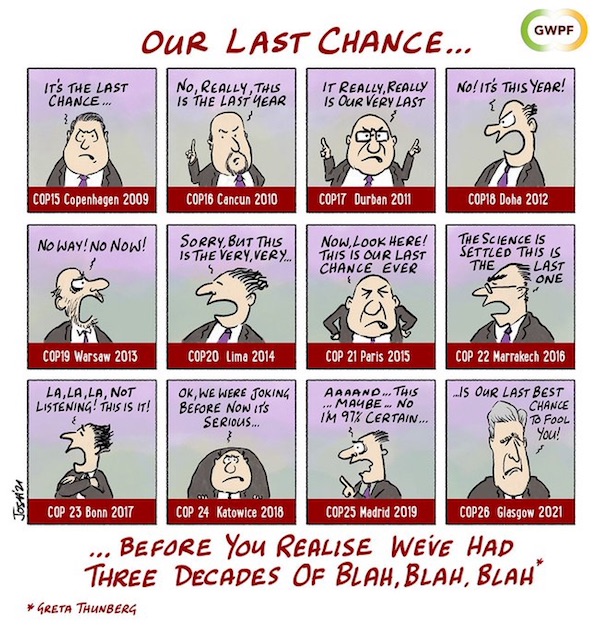

A Bug’s life
Very important movie scene. pic.twitter.com/h3MJXJuSzU
— Censored Men (@CensoredMen) November 21, 2023

Lizard
Using its strong back legs, the basilisk lizard, aka the Jesus Christ lizard, pushes down so fast and so hard with its feet that it never sinks further than a few inches below the surface of the water
[📹 BBC Earth]pic.twitter.com/4J5CNvfMJy
— Massimo (@Rainmaker1973) November 22, 2023


A beetle’s foot

Water bears
Don’t forget to water your bears
pic.twitter.com/pQy6wCAuFu— Science girl (@gunsnrosesgirl3) November 22, 2023


Support the Automatic Earth in wartime with Paypal, Bitcoin and Patreon.








